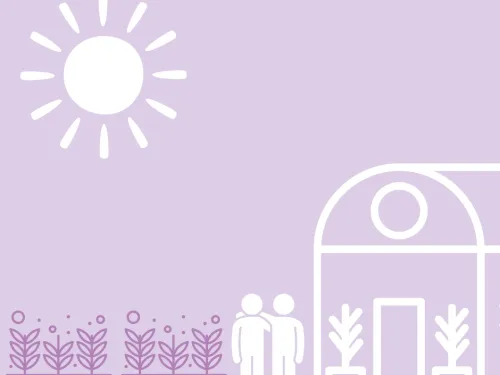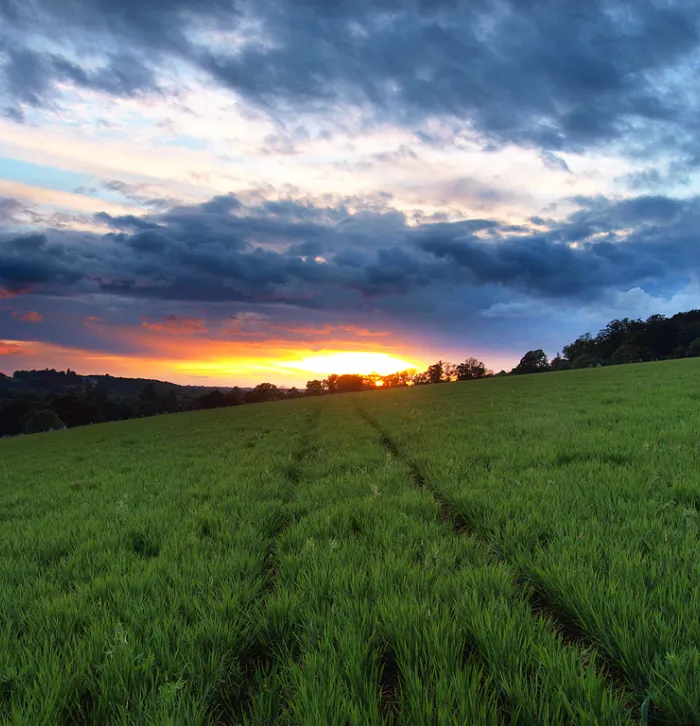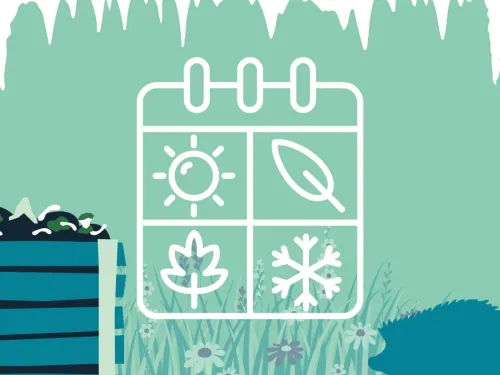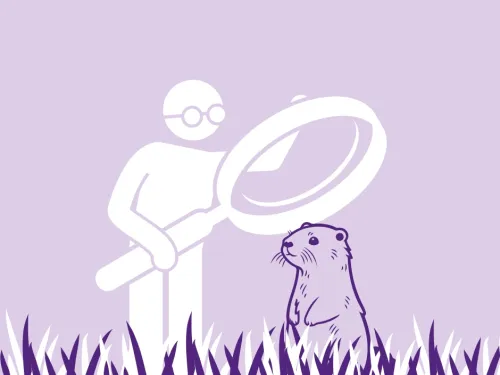
Sustainable food growing
On this page you'll find useful tips on how to grow food in ways that help your community and the biodiversity around it

Whether feeding the birds, or sowing a wildflower patch, setting up wildlife areas in your school makes for happier, healthier and more creative children.
The Wildlife Trusts’ 30 Days Wild Campaign has, together with the University of Derby, proved that children are happier, healthier and more creative when they are connected to the natural world.
Where best to have access to nature than in schools up and down the UK? From hanging bird feeders to wilding a small garden, there are options to help local wildlife whatever the size of the area you have available. A school wildlife garden presents countless learning opportunities, both practical and academic, while encouraging a connection to nature.
Children are happier, healthier and more creative when they are connected to the natural world
Recycling at school is a great way to get other people involved in helping wildlife around the world. You could set up a recycling scheme even a recycling challenge! Having a recycling challenge is a fun way to get your students thinking about what needs to be recycled. If you help them understand why we should all recycle, the challenge will encourage them to become custodians for wildlife and, by the end, you’ll have a brilliant recycling system in the classroom!
A recycling challenge is simple to organise:
Help the people caring for wildlife near you by fundraising for your local Wildlife Trust. From having a day of wild fancy dress to running a wild bake sale, there are so many ways to get involved in protecting wildlife. Get creative and go wild!
Some ideas to get you started:
Download our school's fundraising pack
Up and down the country, local Wildlife Trusts are helping schools to get nature into the curriculum, into the school grounds and into children's daily lives.
The Wilder Kent Awards is a scheme set up to recognise and reward the work schools, businesses and community groups are doing in helping us create a #WilderKent.
If you sign up to the Wilder Kent Awards mailing list, you'll receive an entrants guide with details on how to enter, examples of actions for each marking category, and how to submit the evidence of the amazing work you do for wildlife as a school.
Learn more about the Wilder Kent Awards
Want to expand your pupils' knowledge and build on their passion for wildlife?
We provide practical, enjoyable, and high-quality learning experiences through our Education programmes that will connect them with nature and help them discover the wild world around us. We've also got a range of education resources available to help you with environment-related learning.
The Blue Influencers Scheme is a ground-breaking project from UK Outdoor Learning charity The Ernest Cook Trust and aims to support young people from underserved communities and those living in deprived coastal, estuary, and riverside locations by empowering them to tackle environmental and climate challenges.
Our Blue Mentor, Jenny Luddington, works with young people aged 10-14 to drive social action projects to enhance the environment of their schools, neighbourhoods, and wider communities.
Check it out if you're part of a school or youth group and want to get in touch about the possibility of running your own Blue Influencers Projects!


On this page you'll find useful tips on how to grow food in ways that help your community and the biodiversity around it

In this page you'll find an array of information to how to best help wildlife over the changing seasons each year

On this page you'll find exciting information on getting involved with citizen science project in your own home and community

On this page you'll find useful information on how to take environmental action from home and in your community

On this page you'll find useful information on how to reach out to others about nature & the environment

On this page you'll find excellent tips on how to shop sustainably and be mindful of what you're eating